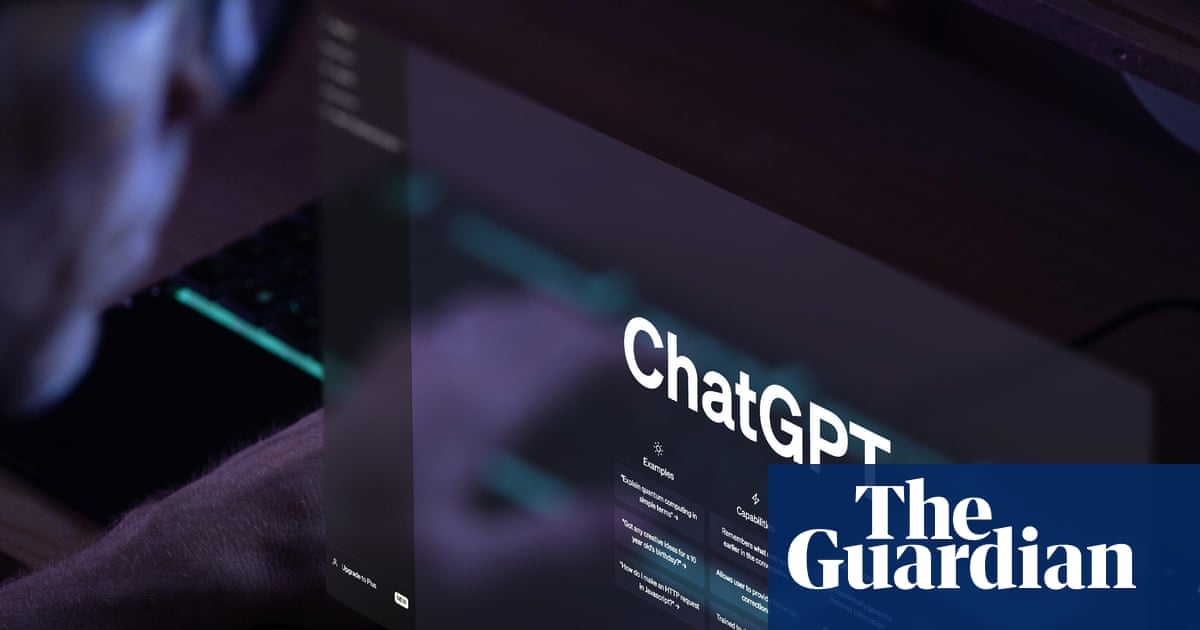Imagine a world where artificial intelligence becomes your personal study buddy, guiding you through the intricacies of complex subjects with patience and precision. This is the vision behind ChatGPT's newly introduced "study mode," a feature designed to promote responsible academic use and foster genuine understanding among students.
A New Era of Learning
In response to the growing concerns about AI misuse in educational settings, ChatGPT's "study mode" offers a refreshing approach. Instead of providing students with complete essays or direct answers, this mode breaks down topics into manageable steps, encouraging learners to engage deeply with the material. It's like having a tutor who nudges you in the right direction, ensuring you grasp each concept before moving on to the next.
Empowering Students
While the temptation to take shortcuts in academia is ever-present, "study mode" aims to empower students to take ownership of their learning journeys. By offering guidance rather than solutions, it encourages critical thinking and problem-solving skills—qualities that are invaluable in both academic and real-world settings.
"Our goal is to support learning and avoid academic shortcuts," says OpenAI, the creator of ChatGPT. "We believe that by fostering a deeper understanding of subjects, students can achieve more meaningful educational outcomes."
The Road Ahead
Despite its potential, "study mode" is not without its challenges. Students can still choose to bypass this feature, which highlights the importance of ongoing discussions about responsible AI use in education. OpenAI acknowledges this, emphasizing the need for industry-wide collaboration to ensure AI tools are used ethically and effectively.
As we stand on the brink of a new era in education, the introduction of ChatGPT's "study mode" invites us to rethink how we approach learning. By prioritizing understanding over convenience, it offers a pathway to personal growth and academic integrity.
Originally published at https://www.theguardian.com/technology/2025/jul/29/chatgpt-openai-chatbot-study-mode-universities-students-education
ResearchWize Editorial Insight
Bold Claim: ChatGPT's "study mode" has the potential to revolutionize educational landscapes by fostering genuine understanding and critical thinking among students, marking a significant shift from traditional learning methods.
ResearchWize Analysis:
The introduction of ChatGPT's "study mode" is a significant development for both students and researchers, as it addresses a critical gap in the use of AI in education. For students, this mode offers a unique opportunity to engage with complex topics in a structured and supportive manner. By breaking down subjects into digestible steps, it mirrors the scaffolding techniques that effective teachers use in classrooms to build understanding incrementally. This approach not only aids in comprehension but also nurtures critical thinking and problem-solving skills, which are essential for lifelong learning.
For researchers, the implications of "study mode" are equally profound. It opens new avenues for studying the impact of AI on learning processes and outcomes. Researchers can explore how AI-driven tools like this one influence student engagement, retention, and academic integrity. Moreover, it prompts a broader conversation about the ethical use of AI in education, encouraging collaboration across disciplines to develop guidelines and best practices.
In classrooms, the integration of such AI tools can support teachers by providing personalized learning experiences for students, allowing educators to focus on fostering a more inclusive and interactive environment. However, the success of this integration hinges on thoughtful implementation and ongoing dialogue about the role of AI in education. As teachers, we must remain vigilant and proactive, ensuring that these tools complement rather than replace the invaluable human elements of teaching—empathy, intuition, and the ability to inspire.
Looking Ahead
In this future, AI will adapt to each student's learning pace, offering personalized insights and fostering a culture of curiosity. It will encourage students to explore subjects deeply, guiding them through challenges with a gentle touch. This approach can transform the classroom into a space where every student feels valued and understood, reducing the pressure to conform to a one-size-fits-all model.
Collaboration will be at the heart of this educational evolution. AI can facilitate group projects by connecting students with diverse perspectives, encouraging peer learning, and promoting empathy and understanding. It can help break down barriers, making education more accessible to students with different abilities and backgrounds, ensuring everyone has a seat at the table.
The emotional side of schooling will also see a transformation. AI can assist teachers in identifying students who may need extra emotional support, allowing for timely interventions that nurture well-being. By being attuned to the emotional climate of the classroom, AI can help create an environment where students feel safe to express themselves and take intellectual risks.
As we move forward, the key will be to balance innovation with ethics, ensuring that AI tools are used responsibly and effectively. By fostering dialogue between educators, technologists, and students, we can build a future where AI enhances the educational journey, making learning a truly inclusive and enriching experience for all.
Originally reported by https://www.theguardian.com/technology/2025/jul/29/chatgpt-openai-chatbot-study-mode-universities-students-education.
Related Articles
- McLennan Community College Library Explores AI Tools to Save Time
- Colin Kaepernick makes surprise visit to Portland Public Schools, a new partner with his AI company
- UCF launches Institute of AI to advance research and education across disciplines
📌 Take the Next Step with ResearchWize
Want to supercharge your studying with AI? Install the ResearchWize browser extension today and unlock powerful tools for summaries, citations, and research organization.
Not sure yet? Learn more about how ResearchWize helps students succeed.

